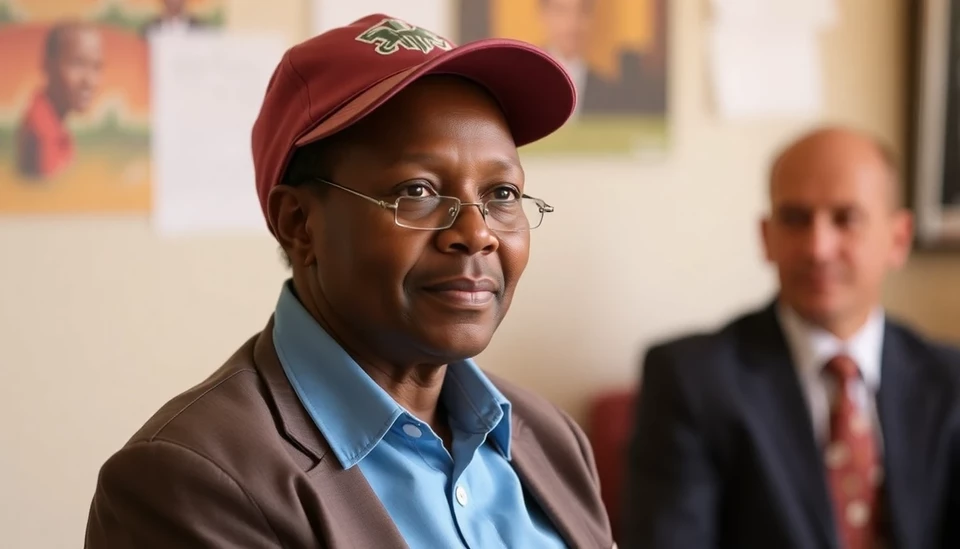
In a bold step towards sustainability, Rwanda is making waves with its initiative to phase out gasoline-powered bicycles. The East African nation aims to foster an eco-friendly future by encouraging the adoption of electric bicycles in both urban and rural areas. This transformative plan is not just about reducing emissions; it seeks to reshape the transportation landscape in Rwanda, making it cleaner and more efficient.
The shift towards electric bicycles is part of Rwanda's broader commitment to green energy and sustainable economic growth. The country has already begun setting targets for the replacement of gasoline bikes. This strategy aligns with global efforts to address climate change and promotes the use of renewable energy sources throughout the region.
Currently, motorized bicycles, primarily powered by gasoline, are a common mode of transportation in many cities. The government has recognized the harmful environmental impact associated with these vehicles, contributing to air pollution and greenhouse gas emissions. As a result, authorities are implementing policies designed to phase them out, replacing them with electric alternatives.
Rwanda's initiative particularly focuses on making electric bicycles accessible to a broader demographic. Efforts include subsidizing costs for low-income users, implementing charging stations, and developing the necessary infrastructure to support a widespread transition. Additionally, training programs will be established to educate users on the advantages of electric bikes and how to maintain them effectively.
As part of this initiative, the government is partnering with various stakeholders, including local manufacturers, NGOs, and international organizations, to ensure a smooth transition. These collaborative efforts will not only assist in assembling and distributing electric bicycles but also create job opportunities within the country, promoting local economies.
The move aligns with Rwanda's Vision 2050 strategy, which aims to turn the country into a middle-income economy while prioritizing sustainable development. By championing electric bicycles, Rwanda hopes to not only improve air quality but also reduce transportation costs for the population.
The anticipation surrounding this project is palpable, with many citizens feeling enthusiastic about the benefits of transitioning to electric bikes. As the initiative gains momentum, Rwanda is poised to become a regional leader in the fight against climate change, setting an example for other nations aspiring to achieve similar environmental goals.
Despite the challenges that come with transitioning an established transportation framework, the Rwandan government remains committed to its green goals. Through innovative approaches, strong policy-making, and community engagement, the country aims to usher in a new era of sustainable transport.
In conclusion, Rwanda’s ambitious plan to replace gasoline bicycles with electric bikes seems to herald a promising future. This initiative highlights the potential for a greener tomorrow and serves as a significant stride towards a sustainable transportation model, reflecting a commitment to environmental stewardship and economic development.
#Rwanda #GreenEnergy #ElectricBikes #SustainableTransport #ClimateAction
Author: Megan Clarke




